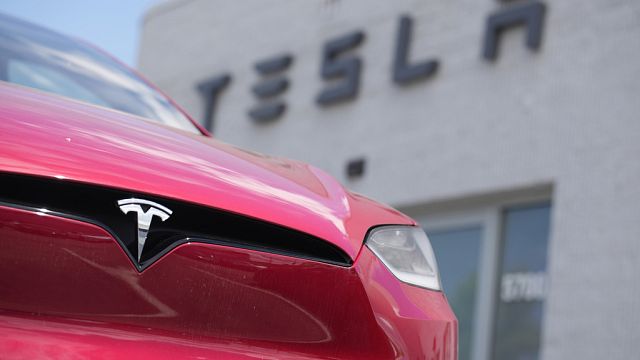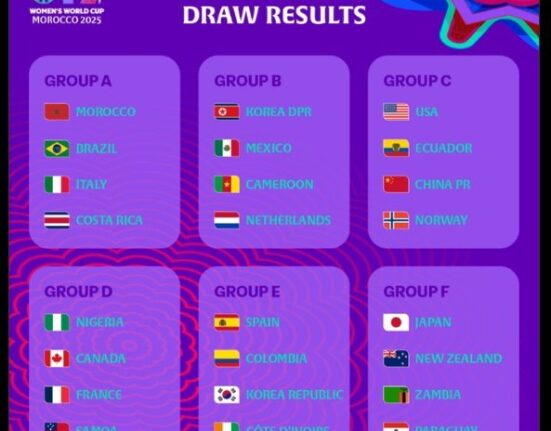As the electric car market in Europe gains momentum, a major shift has emerged with China’s BYD surpassing Tesla in sales for the first time. The latest data released by the European Automobile Manufacturers’ Association paints a stark picture for Tesla, whose sales in 32 European countries plummeted by 49% in April compared to the previous year. This significant drop, down to 7,261 vehicles from 14,228, signals a challenging period for the once-dominant electric car manufacturer.
Tesla’s struggles can be attributed to a combination of factors, including backlash against Elon Musk’s controversial views, an aging model lineup, and increased competition from Chinese electric vehicle brands.
Protests and boycotts against Musk, particularly concerning his political statements, have contributed to the negative sentiment surrounding Tesla. Furthermore, the intensifying rivalry within the electric vehicle market, especially from Chinese competitors, has put additional pressure on Tesla’s market share. The trade tensions between the United States and Europe, exacerbated by President Trump’s tariff threats, have also played a role in dampening the appeal of American brands like Tesla.
In a surprising turn of events, BYD, a prominent Chinese electric vehicle manufacturer, saw a significant surge in registrations for its BEV sales in Europe, reaching 7,231 units in April. This remarkable 169% year-on-year increase catapulted BYD into the Top Ten brands in terms of local sales volume. Concurrently, China’s SAIC experienced a 54% sales uptick, further underscoring the growing preference for Chinese electric vehicle offerings in the European market.
“The rise of Chinese electric vehicle brands like BYD and SAIC signifies a shifting landscape in the European market, with consumers showing a willingness to explore alternatives beyond traditional Western manufacturers,”
remarked industry experts. These developments highlight the evolving dynamics within the automotive industry, where established players are facing formidable challenges from innovative and competitive newcomers.
Tesla’s production disruptions, stemming from factory shutdowns to upgrade its popular Model Y SUV, have also impacted its sales performance in Europe. The company’s sales for the first four months of the year witnessed a significant decline of around 39%, amounting to 61,320 vehicles. In contrast, the overall European auto market remained relatively stable during the same period, indicating the unique challenges faced by Tesla in a competitive market environment.
Despite these setbacks, the European auto industry as a whole exhibited resilience, with a modest 1.3% increase in car sales in April compared to the previous year. This growth, amid a complex global economic landscape, signals a gradual recovery and adaptability within the sector.
As the electric vehicle market continues to evolve and diversify, the success of Chinese brands like BYD and SAIC could pave the way for a more competitive and dynamic automotive landscape in Europe.
In conclusion, the rise of BYD and other Chinese electric vehicle manufacturers signifies a notable shift in consumer preferences and market dynamics, challenging the dominance of established players like Tesla. The evolving competitive landscape underscores the need for traditional automakers to adapt to changing market trends and technological advancements to maintain their competitiveness in an increasingly crowded market.









Leave feedback about this